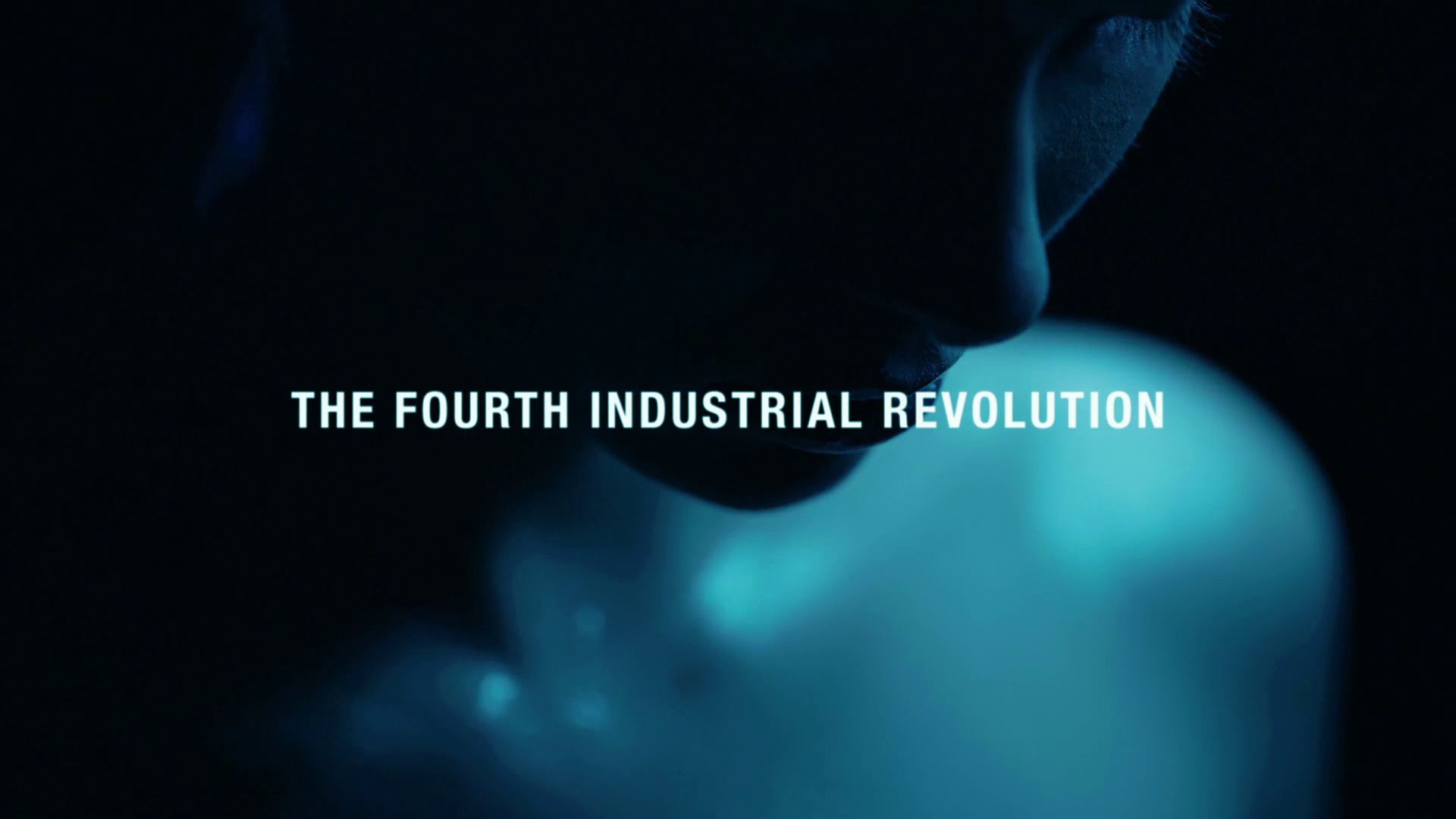advertisement
Organisations need well-defined strategies to support a secure transformation
Close to 82% of all companies should expect to face a cyber-attack this year and for organisations to remain competitive…

Close to 82% of all companies should expect to face a cyber-attack this year and for organisations to remain competitive and abreast of the fourth industrial revolution, they need well-defined strategies to support a transformation that is secure. This needs to be linked to and aligned with clear business objectives and outcomes.
This was said by Director of Cloud Strategy, Office of the CTO, Microsoft Worldwide Industry Group, Rudiger Dorn during a round table hosted by Microsoft at its Nairobi offices to inform and educate on the importance of remaining secure throughout this journey.
The move by Microsoft comes at a time when the plight against cybercrime is rifer than ever before, an increasing amount of organisations have recognized the importance of embarking on their own respective journeys to digital transformation.
advertisement
Dorn noted that with digital transformation comes a new set of challenges – and that companies are often held back from fully realizing this due to a lack of a robust and agile cloud security policy.
What is even more important, and a common mistake that most organisations make, is assuming that the responsibility for change lies with the IT department.
Dorn explains, “A cloud-first approach to security is not only the responsibility of those who are in the IT space of the organization – it is, in fact, a responsibility that the entire organization must take on. Think of it as ‘digital dexterity’ – an organization’s capacity to self-organize to deliver new value from digital technologies. Employees now define the corporate perimeter, and they are the weakest link in a network as they use their online identities to navigate documents, apps and websites online. Education and involvement must therefore start at grassroots level.”
advertisement
Dorn made it clear to those in attendance that infrastructure must also be updated. “Many industries and companies are adopting Internet of Things (IoT) technologies to remain relevant and competitive. But IoT means infinitely more data being stored, and more employees with access to sensitive information. A solid IT infrastructure will determine the capacity to ensure that all this data, and these ‘things’ can be controlled and managed centrally,” he says.
With this in mind, he also emphasizes that while securing your business internally is crucial, organisations also have a role to play in creating a more trusted internet environment for everyone. Ultimately, a digitally competitive company needs digitally savvy employees and consumers with a high level of trust in the digital world.
“Microsoft’s commitment to assisting companies on their journey through digital transformation stands strong. It is important for us to continue our work in spreading this message – and we are pleased with the outcome. If the Cloud is put into the equation, and used correctly we are confident that organisations can do this with ease,” concluded Dorn.